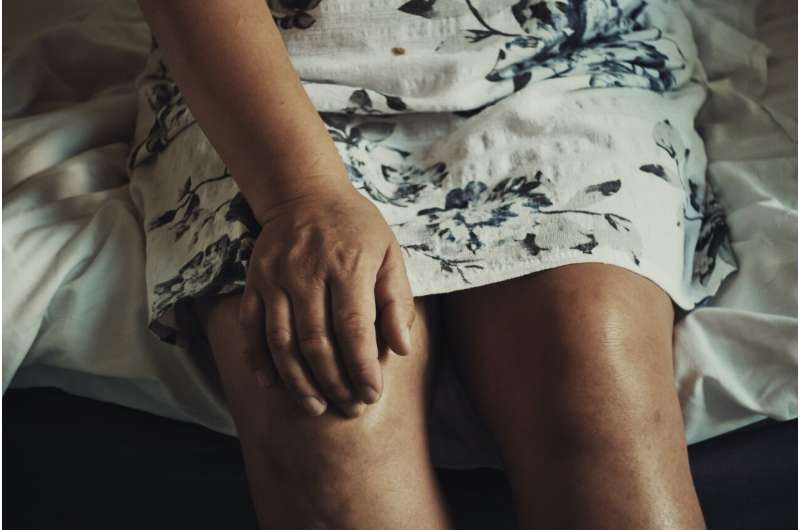Hospitals in low-income communities less likely to participate in bundled payment programs for joint replacement surgery


A new study has shown that hospitals in low-income communities were less likely to participate in bundled payment programs for joint replacement surgery. Hospitals with more low socioeconomic status individuals were less likely to participate in voluntary—and to an even greater extent, mandatory—bundled payment programs, according to the study published in the peer-reviewed journal Population Health Management.
Joshua Liao, MD, from the University of Washington School of Medicine, and co-authors used Medicare claims and data from the Bundled Payments for Care Improvement initiative and Comprehensive Care for Joint Replacement model to examine whether hospitals’ bundled payment participation is related to the proportion of historically marginalized individuals in the communities they serve. The authors discuss the policy implications of their findings.
“These findings raise concerns about generalizability of overall program results and potential disparities and suggest that policymakers should consider communities’ social factors and participation type in the design of future bundled payment programs,” conclude the investigators.
Source: Read Full Article